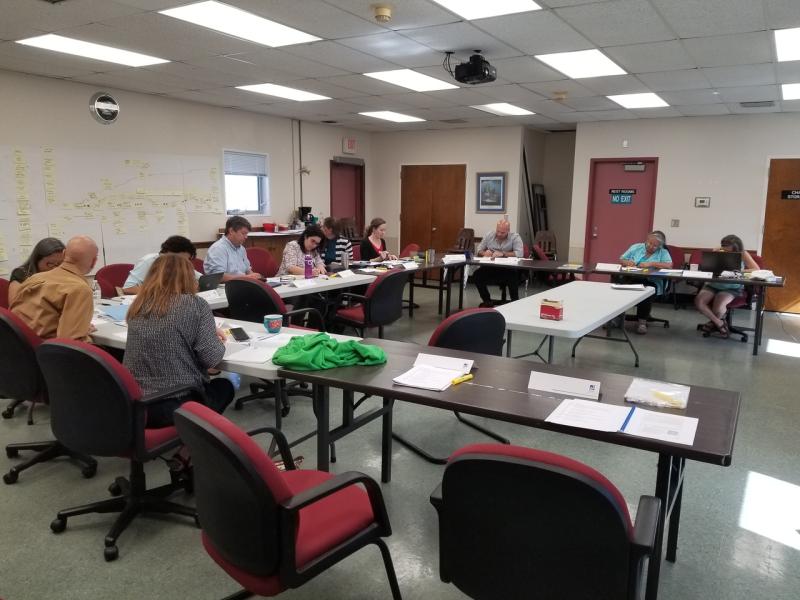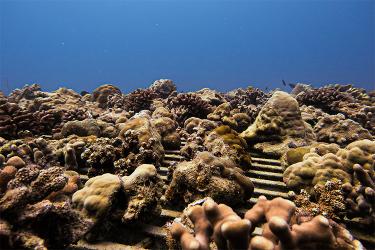In NOAA Fisheries’ Southeast Region, stock assessments are conducted through a cooperative process known as SouthEast Data, Assessment, and Review, or SEDAR. These stock assessments are the foundation of management decision-making, which relies on high-quality, reliable, and transparent data. SEDAR brings together representatives from a range of institutions, including the regional fishery management councils, interstate marine fisheries commissions, the Southeast Fisheries Science Center, and the Highly Migratory Species (HMS) Management Division of NOAA Fisheries. The enormous amount of data from multiple sources and the number of stakeholders make for complex stock assessment processes, often with several assessments happening simultaneously.
A strategic goal of the Southeast Fisheries Science Center is to maximize fishing opportunities while ensuring the sustainability of fisheries and fishing. To do this, the Center has prioritized increasing the number of stock assessments and the quality of scientific advice. “In order to increase the number of assessments in our region, we recognized that we had to evaluate our current process so that we could make some strategic changes to become more efficient,” said Allison Shideler, a Center affiliate.
With this goal in mind, the SEFSC data and assessments team turned to the Quality Management/Continuous Improvement Professional Specialty Group of NOAA’s Fisheries Information System program, whose mission is to collaborate with different teams across NOAA Fisheries and our partners to streamline, modernize, and standardize complex systems and challenges. The data and assessments team received funding for a QM/CI workshop through a competitive RFP process supported by the Fisheries Information System, National Observer Program, and National Catch Share Program.
The workshop brought together a team of 16 people, including those who prepare the fisheries-dependent data and those who were considered data “customers,” such as stock assessment scientists. Enthusiasm from supervisors, along with the inclusion of team members from the HMS Division and the IT department, were key elements in putting the 5-day workshop on a path to success. Led by a facilitator from the American Society for Quality, the team started with a quick introduction to the principles that would guide their work, such as recognizing value- and non-value-added activities and reducing waste. The team then set to work on a mapping exercise focusing on the fishery-dependent data inputs to a benchmark stock assessment. The mapping exercise was a hybrid quality management tool that utilized concepts from both value stream mapping and input/output process mapping.

The team began by mapping the current state of the process, going through several iterations to capture each step and all of the associated inputs. This exercise yielded a clear visual representation of the complexity of extracting data from multiple sources and partners. Building on this, the team identified sources of waste, or “pain points,” including lack of direct access to some needed datasets, changes to assessment parameters mid-stream, and the need to improve documentation.
“One of the benefits of this process was that we didn’t just identify the pain points. We also spent a large portion of the week brainstorming how to alleviate them in the short and long terms. It was inspiring to see how well our multidisciplinary team collaborated on solutions,” explained Skyler Sagarese, a stock assessment scientist at the Center. As a result, 36 action items for improvement were categorized using a prioritization matrix, which evaluates both their potential impact and their difficulty to implement. This effort identified several needed changes, such as standardizing documentation, creating opportunities to communicate expectations and feedback, increasing automation, and including “freeze points” that will minimize rework.
The team is now taking steps to close the gap between the current process and the desired future one. The results of the workshop were shared with colleagues, leadership, and stakeholders through report-out presentations, which generated ideas for additional process improvements and helped further refine the action items. There are plans to share the process map with other stakeholders to better communicate both the data process flow and the repercussions of changing requirements at different steps in the data phase of an assessment.
“By continuing to look for improvement opportunities, engaging with leadership and stakeholders, and working with the QM/CI Professional Specialty Group to do more events for other assessment processes, we are taking steps to streamline the stock assessment process,” said Vivian Matter, a recreational fishery data provider at the Center and a member of the QM/CI PSG. “Ultimately, the quality management lessons learned will not only improve the timeliness of scientific advice, but will help us approach other challenges in a more effective manner.”



